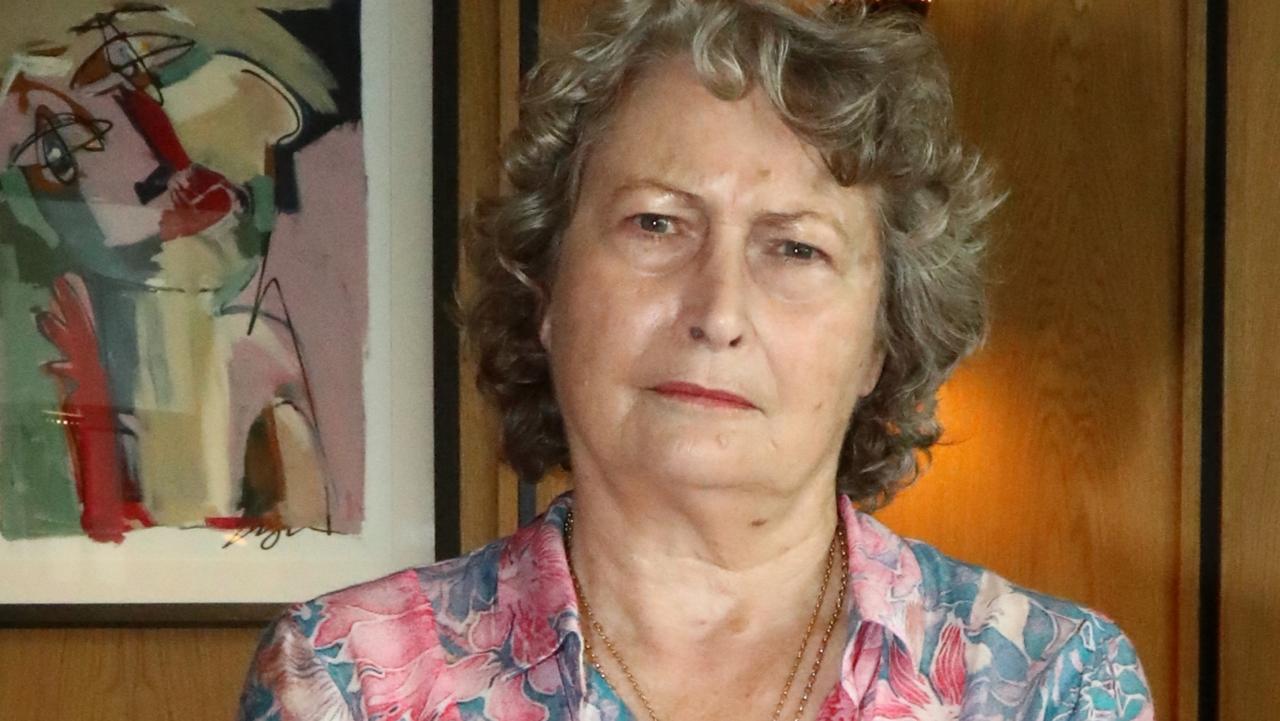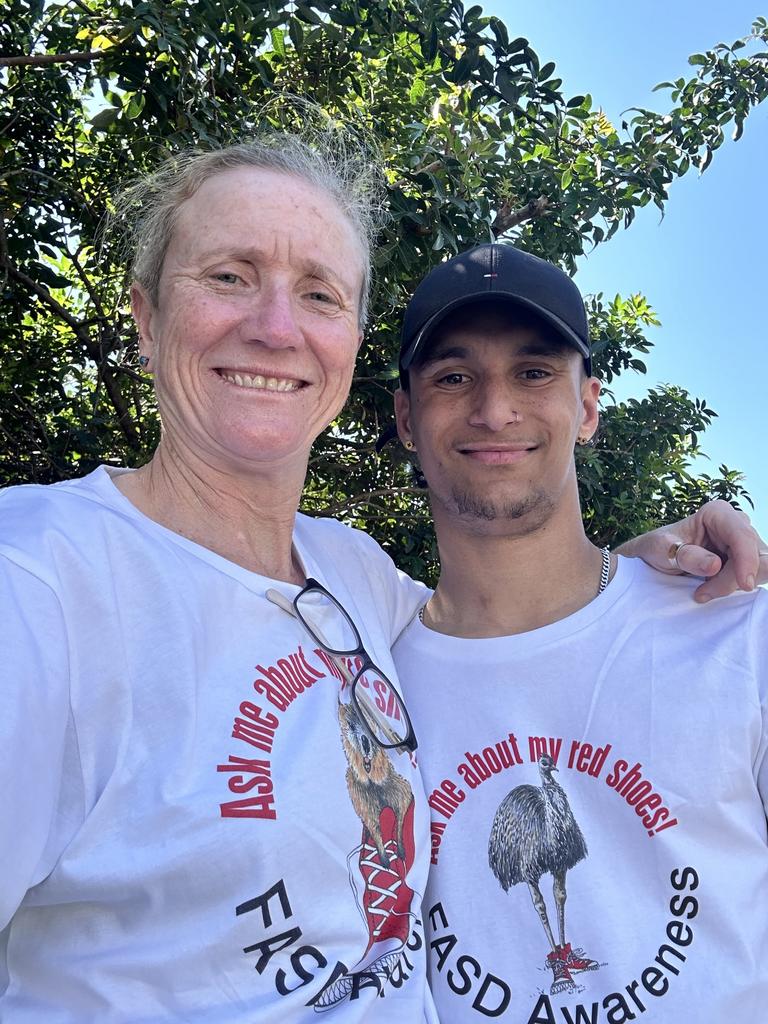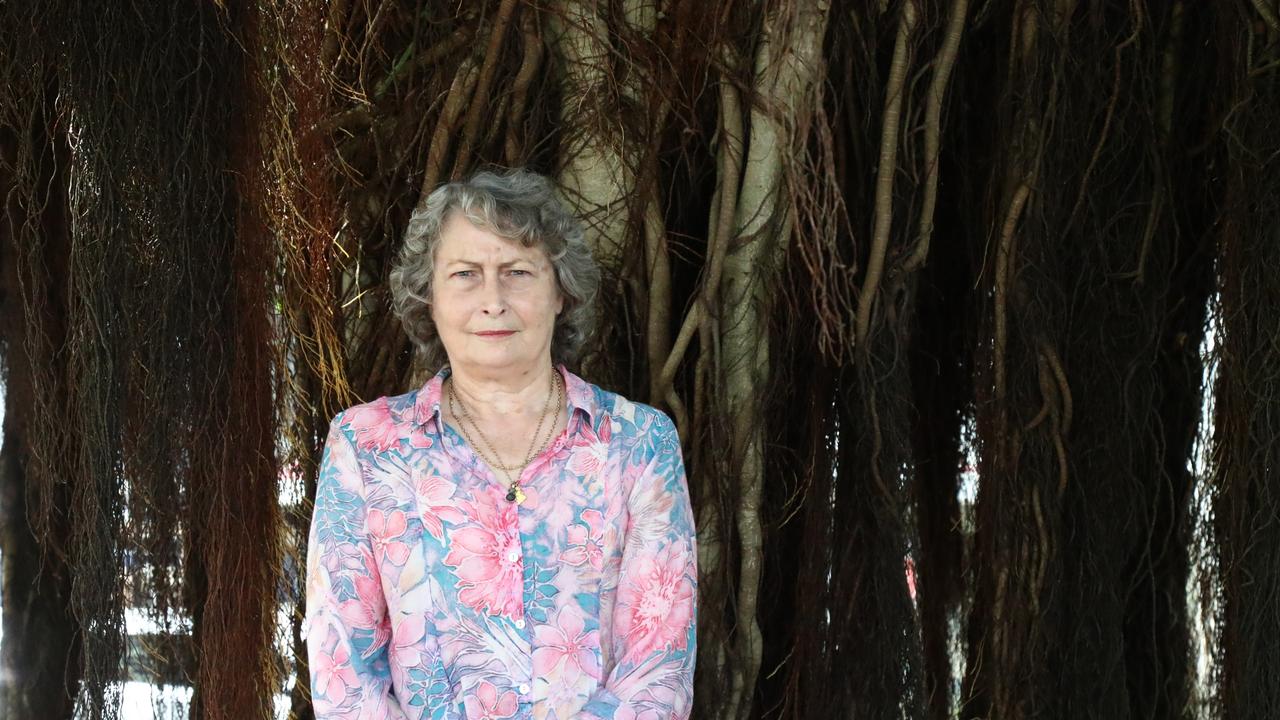Experts warns government's ‘tough on crime’ puts children with severe brain injuries at risk
Queensland’s youth crime crisis won’t improve as long as families have to wait two years and are forced to pay up to $10,000 to get help for an overlooked brain injury.

News
Don't miss out on the headlines from News. Followed categories will be added to My News.
Queensland’s youth crime crisis won’t improve if families have to wait two years and are forced to pay up to $10,000 to get diagnosed with Fetal Alcohol Spectrum Disorder, experts say.
FASD affects up to 5 per cent of the Australian population but clinical psychologist Dr Vanessa Spiller believes that number could be as high as 60 per cent in youth detention centres.
“We have two public diagnostic services in south-east Queensland but neither of them run five days a week – and they have two-year waiting lists,” she said.
“Getting the assessments done privately is really expensive you’re looking at anywhere between about $3000 and $5000 but I’ve heard of people being charged up to about $10,000.”
A 2018 Western Australia study found more than a third of detainees at Banksia Hill youth detention centre had FASD.
Dr Spiller believes that number is much higher in Queensland.
“The Banksia Hill study found 36 per cent met the full criteria for FASD, (but) they didn’t assess all 10 domains, they only assessed eight of those domains,” Dr Spiller said.
“One of the main criteria was the confirmation for prenatal alcohol exposure; if you can’t confirm that you can’t give the diagnosis of FASD.
“If they had been able to confirm prenatal alcohol exposure, they had about 66 per cent of that population with severe impairment in three or more domains.”
Dr Spiller believes Queensland’s detention centres could be similar.
“Wherever you have similar drinking patterns you can expect similar rates,” she said.

FASD occurs when expectant mothers consume alcohol after conception, causing developmental damage to the baby.
Every person diagnosed is different, experts say, but symptoms can include poor emotional regulation, impulsivity, hyperactivity and cognitive impairments.
It means those who are diagnosed are more likely to be caught up with the state’s youth justice and out of home care systems, Dr Spiller said.
Russell Family Fetal Alcohol Disorders Association founder Elizabeth Anne Russell drank alcohol during her pregnancies and gave birth to two boys diagnosed FASD.
She said it impacted her children's inability to connect their actions to consequences, and meant traditional parenting methods did not work.
“I remember a few months ago there were a couple of kids who were caught in a house after they had broken and entered and were caught watching Netflix and eating chips — that’s typical FASD behaviour,” Ms Russell said.
“I parented my children, both of them as though they were neurotypical; that was one of the worst things I could have done.
“I knew my son was a little different but I didn’t realise there were significant issues until he went through puberty.
“Getting the right therapies, and the right parenting strategies early, can make a huge difference, it could mean the difference between what has happened to my son and having a reasonable life.”
But in Queensland getting diagnosed and supported is out of reach for most families, Ms Russell said.
Systemic under investment has limited where children can get assessed and a lack of clinical training meant the condition is often overlooked or misdiagnosed, Dr Spiller added.
A FASD diagnosis requires assessments from a psychologist, speech therapist, occupational therapist before reports are interpreted by specialists such as pediatricians.
GPs can also provide diagnoses.
Dr Spiller said this wasn’t enough because doctors were reluctant to ask parents about alcohol exposure during pregnancy.
“Even with all that information laid out and made crystal clear, some child psychiatrists will still say, ‘I don’t know enough about it’,” Dr Spiller said.
“We do suspect that there is certainly a reasonable proportion of kids with autism that actually have FASD, but people haven’t ever asked about prenatal alcohol exposure.
“Many people who are doing assessments, they just simply don’t ask.”
In 2020, an Australian study found only 22 per cent of paediatricians routinely asked pregnant women about prenatal alcohol exposure and only 18 per cent knew FASD diagnostic features.
Senior Research Fellow at the University of Queensland Dr Natasha Reid said the reliance on specialists to diagnose the condition was leaving children without the support they needed.
“We have really been trying to move away from this specialist only model, because that creates huge bottlenecks and people can’t access these specialist tertiary,” Dr Reid said.
“We need to be identifying children much earlier and being able to divert them to something different, particularly children who have neurodevelopmental conditions, including those with FASD.
“Currently, what’s happening is they’re (children with FASD) just being criminalised for having these disabilities and not able to access appropriate support.”

Ms Russell said there were cases where the public needed to be protected from children who commit heinous crimes, but stressed nothing would change until FASD was effectively addressed.
“You hear, especially locally, we need to be tough on crime, are you going to be tough on crime?” Ms Russell said.
“But people with FASD are probably the recidivists, they’re the ones that keep going back into prison.
“If you put these changes into place 25 years ago when Australia first started thinking about FASD, we’d have a generation hopefully where there would be a reduction in cases of FASD.”
Originally published as Experts warns government's ‘tough on crime’ puts children with severe brain injuries at risk







